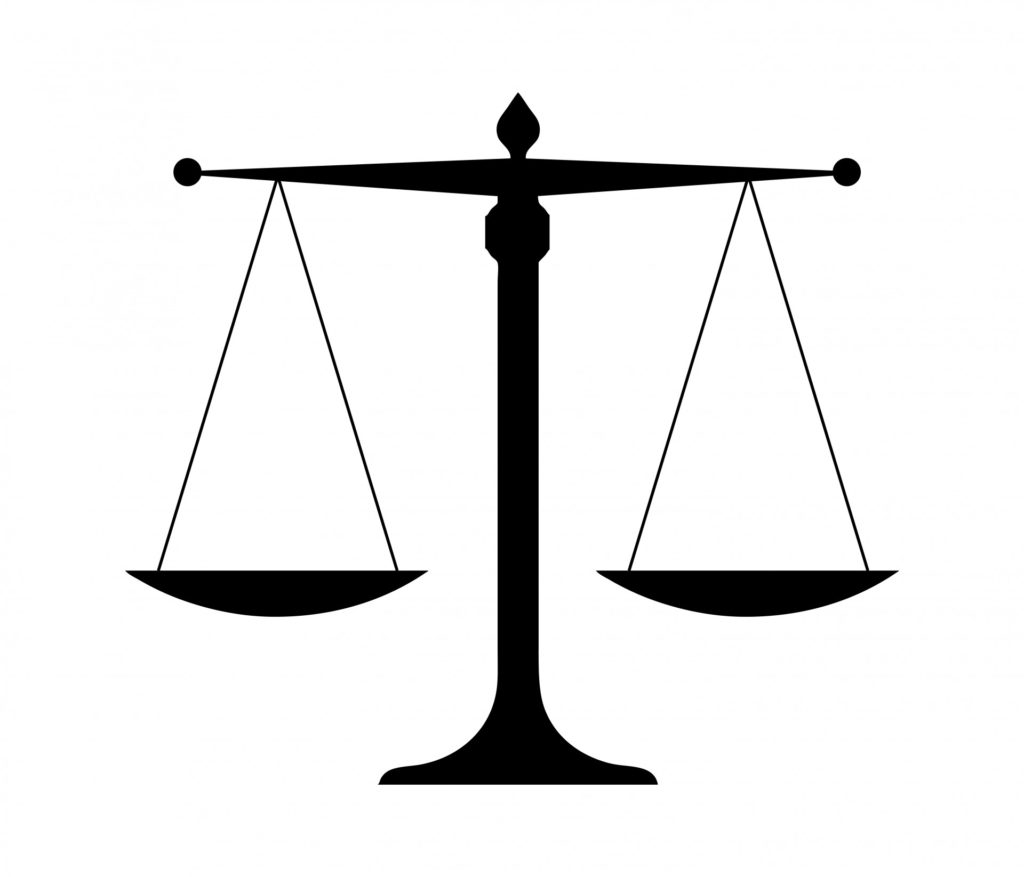AMHERST’S NEW GOVERNMENT: CHECKS AND BALANCES

Photo: publicdomainpictures.net

James Madison sought, both in the Constitution he largely fashioned and in The Federalist essays he wrote to urge its ratification, to explain the central and novel idea of checks and balances. He would be distraught to see the degree to which partisanship in 2019 has sought deliberately to overturn this core feature of our national government. He would be similarly saddened to visit Amherst in 2019 and discover that, given the opportunity to create a new government, Amherst chose to minimize checks and balances.
Amherst voters elected a Town Council of various viewpoints, which is good, but they also confirmed a new charter that is not friendly to the idea of diverse viewpoints. And some councilors, especially veterans of town governance, have not hesitated to express their unwillingness to hear from town voters. Since their jobs are difficult, their responsibilities immense, and their meetings long, this may be understandable. But it is not good for the town.
By eliminating Town Meeting, voters eliminated a vital check on the potential for concentration of power as well as a check on the concentration of influence. The phrase “checks and balances” rolls so easily off our tongues these days that it is easy to neglect its meaning and its centrality to good government. And perhaps it is too easy to overlook its genius and fragility.
Separation of Powers
At the core of a system of checks and balances both within and between the legislative and executive branches is the idea that political bodies are both independent of one another and dependent upon one another. This is delicate; too much independence can lead to fragmentation and paralysis while too much dependence can lead to tyranny, either of an autocrat, an oligarchy, or the majority. Since the Charter gives all power to the Town Council, any semblance of separation of powers depends upon the willingness and ability of the Council to delegate authority to its appointees and to other bodies, whether specified or unspecified in the Charter. Nothing in the Charter requires them to do so. And there are forces in town urging them not to do so.
Political Parties
The purpose of political parties is to undermine the system of checks and balances. A political party wants to control the government to the greatest extent possible. The greater its success at doing this, the less bodies of government are able to act independently or check one another if power is abused. We have seen this take place nationally; in Amherst the question is, will it happen here? Or, perhaps, is it happening here? We have a Political Action Committee (PAC), which has made clear its intention to raise funds to support candidates of their own choosing who, they hope, will vote in the aggregate to support their agenda. This is all perfectly legal, and the Charter has no provisions to prevent it or mitigate its impact.
The Voice of the People
Representative Town Meeting, like the House of Representatives, was designed to give members of the community easier access to their government as well as more voice in that government. At both state and national levels, the division of the legislature into two independent bodies is an excellent example of checks and balances at work. (Thank you, John Adams.) But when the lower “popular” house is eliminated, what role do the voters have in the intricate system of checks and balances? Two answers to this, often voiced in Amherst during the Charter debate, must be dismissed. First, elections are not part of the checks and balances system. Voters can only vote for names on the ballot, and with the emergence of the PAC, the process of getting on the ballot, with the costs that entails, is newly constrained. Further, incumbents can be re-elected or defeated, but during their incumbency they are unchecked by voters or other members of the community. But they may be checked by the PAC that got them there and wants implicit control of their vote.
Concentration of Powers
The new government explicitly gives all powers to the Town Council. True, the Charter pretends that Amherst has an Executive Branch located in Town Hall But it is not an independent executive. The Town Manager, our chief executive, is appointed by the Town Council and serves at its pleasure. The Council can, at any time, check executive appointments and policy decisions. The executive has no such check on the Council.
Of course this has always been true in Amherst. Under our previous charter the Select Board had all the checks on the Town Manager that the Council now has. But the Select Board was not itself unchecked; ultimate legislative authority rested with “the people’s body,” Town Meeting.
James Madison is rightly called “the father of the U.S. Constitution.” It is true that our foundational document is both an assertion of principles and of compromises, and these days perhaps it is easier to condemn the compromises than acknowledge the principles. But the system of checks and balances is an amazing invention and both its power and its fragility need to be recognized.
It is one of the ironies of history that having created this remarkable foundation, Madison eventually turned against it, fearful of the concentration of power that founders like Alexander Hamilton wanted to give to the executive branch.
I don’t suppose that Amherst will ever restore Town Meeting. But there are other ways of protecting the Town from the faulty charter under which it is currently governed, i.e. by restoring better checks and balances. Here are some questions that speak to those ways:
- Do we have the right balance between elected and appointed positions?
- Do we want to impose limits on the powers of outside groups to influence local elections by both ballot access and aggregation of funds?
- Do we want to create access for Amherst residents to influence town decision-making beyond that allowed in the Charter?
